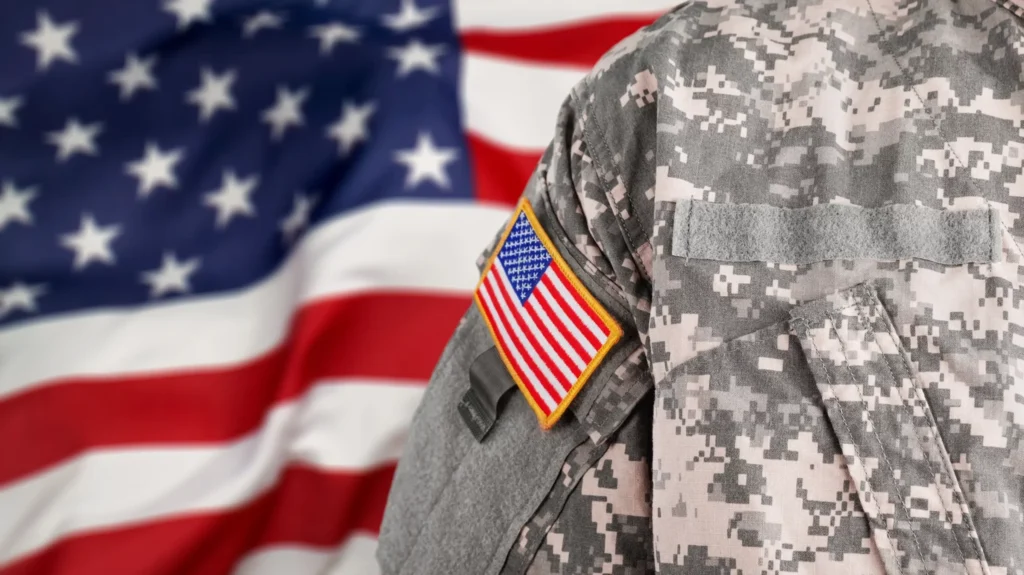National Discussion on Veterans’ Mental Health in Alabama
On Friday, Montevallo, Alabama, will be a focal point in the national dialogue around veterans’ mental health. Scheduled for 11 am, Liberty Hall at American Village will host a hearing for the Senate Veterans Affairs Committee, titled “Separating Facts from Fiction: An Exploration of Alternative Therapy for Veterans’ Mental Health.” This marks a significant step forward in addressing the veteran suicide and PTSD issues, thanks in part to Sen. Tommy Tuberville’s efforts to bring the discussion closer to home.
The weight of this hearing lies in the caliber and variety of experts who will testify. Dr. Ilse Wiechers, Associate Executive Director of the Department of Mental Health from the VA, and Dr. Miriam J. Smyth, who oversees various initiatives in brain and mental health, embody the leadership and research critical to veteran care. Their involvement signals that the Department of Veterans Affairs is not just an observer but actively engaged in exploring cutting-edge treatments.
A panel of innovators and advocates will also participate, illustrating the urgency for progress. Dr. Steve Levine, Chief Patient Officer at Compass Pathways, brings his clinical insights and a patient-centric approach to the conversation about psilocybin-assisted therapies. Adammer, the operations director for the Veteran Mental Health Leadership Coalition, stresses that these therapies are not merely “alternatives,” but are recognized as legitimate treatments with the FDA considering them for PTSD, depression, and other service-related traumas. Additionally, Dr. Jim Wright from UAB represents Alabama’s research community, while Brian Siefer, an Air Force veteran who founded spinal cord injury and diving innovations, adds a personal perspective to the discussion.
For years, treatments involving psilocybin and MDMA have been viewed as unsafe or risky. Yet, emerging evidence suggests they could offer quick and lasting relief for veterans struggling with PTSD or depression, particularly when other options fall short. The fact that the VA is now leading research efforts and the Senate is facilitating discussions in Alabama indicates that these treatments are gaining recognition as viable avenues for serious consideration.
Veterans and their families have endured delays due to bureaucracy and stigma, but the conversation is shifting now, and Alabama is playing a crucial role.







